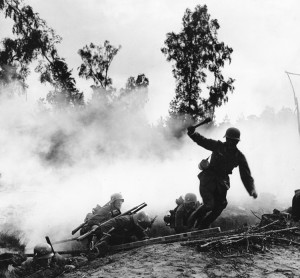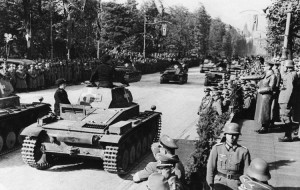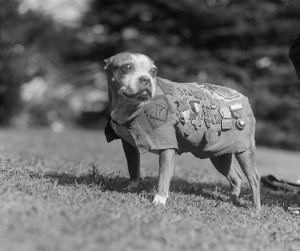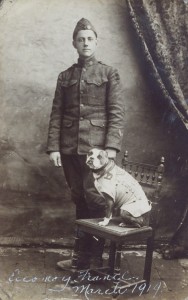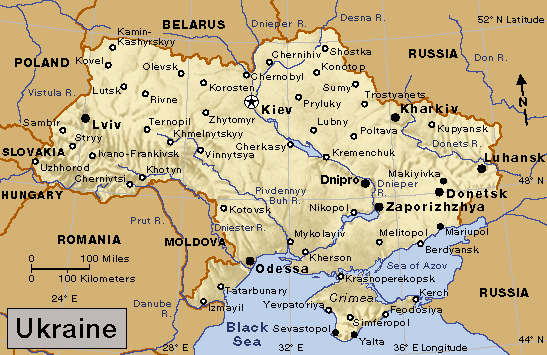Barbenheimer: The Movies of the Summer
Friday, July 21st, 2023Summer means big movies hit the box office! This summer two blockbuster movies are getting released on the same day, and the two movies couldn’t be more different! Today, July 21st, 2023, Barbie directed by American actress and director Greta Gerwig and Oppenheimer directed by British-American filmmaker Christopher Nolan, hit the theaters. While Barbie is a pink fantasy land about one of America’s favorite dolls, Oppenheimer is a biographical film about J. Robert Oppenheimer, an American physicist who became known as the father of the atomic bomb. Some people noticed how the movies were both released on the same day and suggested doing a double feature to see them back to back. Thus, Barbenheimer was coined.
Many viewers plan on seeing Oppenheimer first since it is serious and long. The film used a biography of J. Robert Oppenheimer to portray the physicist’s life. From 1942 to 1945, Oppenheimer directed the Manhattan Project, the United States government’s program to build the first atomic bomb during World War II (1939-1945). Oppenheimer was eventually charged with disloyalty. Oppenheimer’s initial opposition to the development of the hydrogen bomb, together with his past associations with Communists, led to an investigation in 1954 by an AEC security panel. The panel cleared Oppenheimer of all charges of disloyalty, but it denied him further access to secret information. His career in government and academics drew to a close after the hearing.
The character of Oppenheimer is played by Irish actor Cillian Murphy. Other stars in the film include British actresses Emily Blunt and Florence Pugh, as well as, American actor Robert Downey Jr. The film is partially shot in black and white, a nod to Oppenheimer’s lifetime from 1904 to 1967.
After learning about Oppenheimer’s life, moviegoers plan to stock up on popcorn, candy, and maybe a soft drink, before heading into a theater to see the most pink they have ever seen in their entire lives. Barbie is a fantasy movie about the world-famous doll created by Mattel, Inc. The Barbie doll is a 11 1/2-inch (29-centimeter) vinyl doll introduced in 1959.
In the film, Australian actress Margot Robbie plays Barbie, with Canadian actor Ryan Gosling as Ken. The glamorous, pink-clad blonde Robbie is featured alongside other stars, including American actor Will Ferrel, Canadian actor Simu Liu, and Canadian actor Michael Cera. The movie will be the first live-action portrayal of the Barbie doll in a movie, 64 years after Barbie dolls graced the shelves of toy stores!
While it appears the two movies could not be more different, some reviewers are suggesting one similarity. Both movies ask big questions about what it means to be a human and how our choices affect our lives. If you had to pick just one of the movies to see, which one would you pick?


